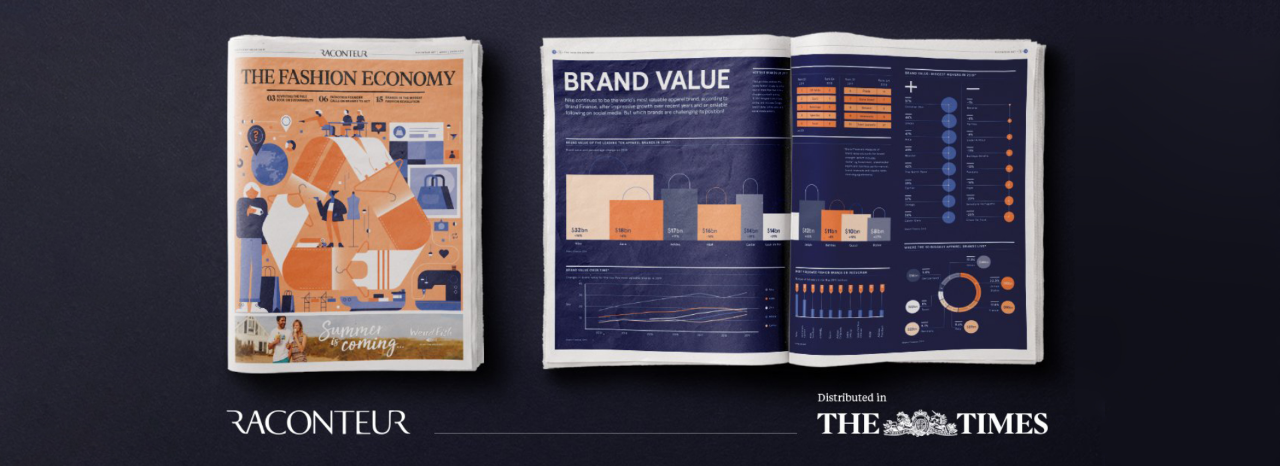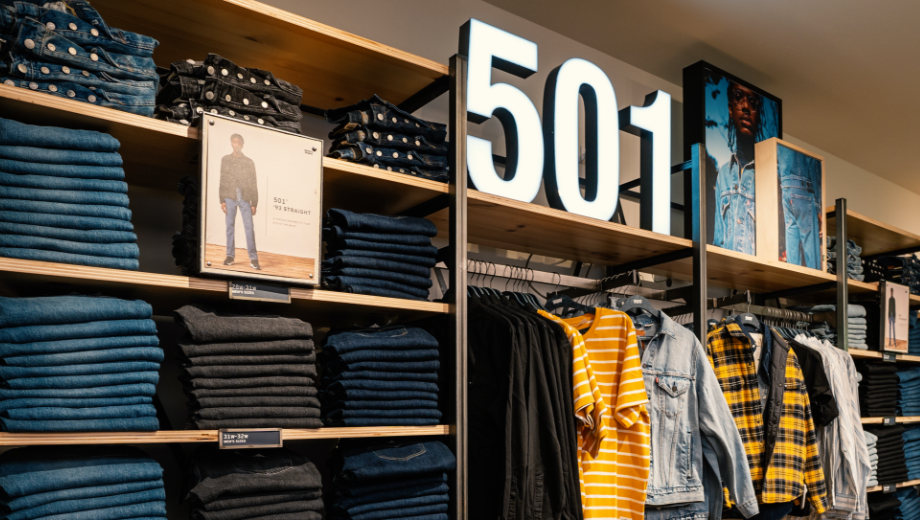“Our Janela™ Solution is a digital knowledge base that provides information about specific items along the supply chain, which allows for a very efficient and accurate way of improving the visibility from the moment an item is created, through to its journey on the supply chain, all the way through to retail and eventually with the consumer in their home,” says Francisco Melo, vice president and general manager, global RFID at Avery Dennison.
For apparel businesses, using RFID to identify exactly where stock is in the supply chain helps optimise distribution and shipping, and with our Janela™ Solution consumers are also able to gain insight from these intelligent labels. Not only can Janela™ give consumers detailed information on how a garment is manufactured, how it can be styled and cared for, it can also give access to recycling information, including where the nearest second-hand or charity shops are located and where used items can be donated, based on the user’s location.
It’s estimated there are close to 150 million tons of plastic in the world’s oceans, with 80 per cent of this amount disposed of by countries in extreme poverty. To combat the spread of single-use plastics from labelling and decrease plastic pollution, Avery Dennison has a patent for sustainable woven labels and printed fabric labels, commonly used to show information on what the garment is made from and how to care for it. The labels are made from recycled polyester and can be recycled.
Avery Dennison is actively licensing this patent to others in the industry and donating large parts of the licence fee to Plastic Bank.
Through a partnership with Plastic Bank, an organisation focused on reducing the amount of plastic waste in our oceans and waterways, Avery Dennison will be providing funds to support a global system for recycling plastics with the creation of recycling centres in areas at highest risk of plastic pollution. This initiative reduces the amount of plastic in the ocean, as well as improving the lives of people in poverty.
“As a materials science company, we are always looking into ways of making our materials more sustainable and ensuring that we reduce waste across the board, reduce landfill and help encourage a more sustainable approach to the market,” says Mr Melo.
Plastic Bank is encouraging local organisations and individuals to collect plastic bottles and plastic waste from the environment before it enters the water stream. These individuals earn credits for plastic collection, which can be used to buy school tuition for their children, clothing or cooking oil.
Once all the plastic has been collected, Plastic Bank then works with organisations to bring it back into the supply chain. Projects like this don’t just incentivise the local community and create a micro-economy, they ensure Avery Dennison can have a robust supply chain of material and also act as a force for good in the wider industry.




